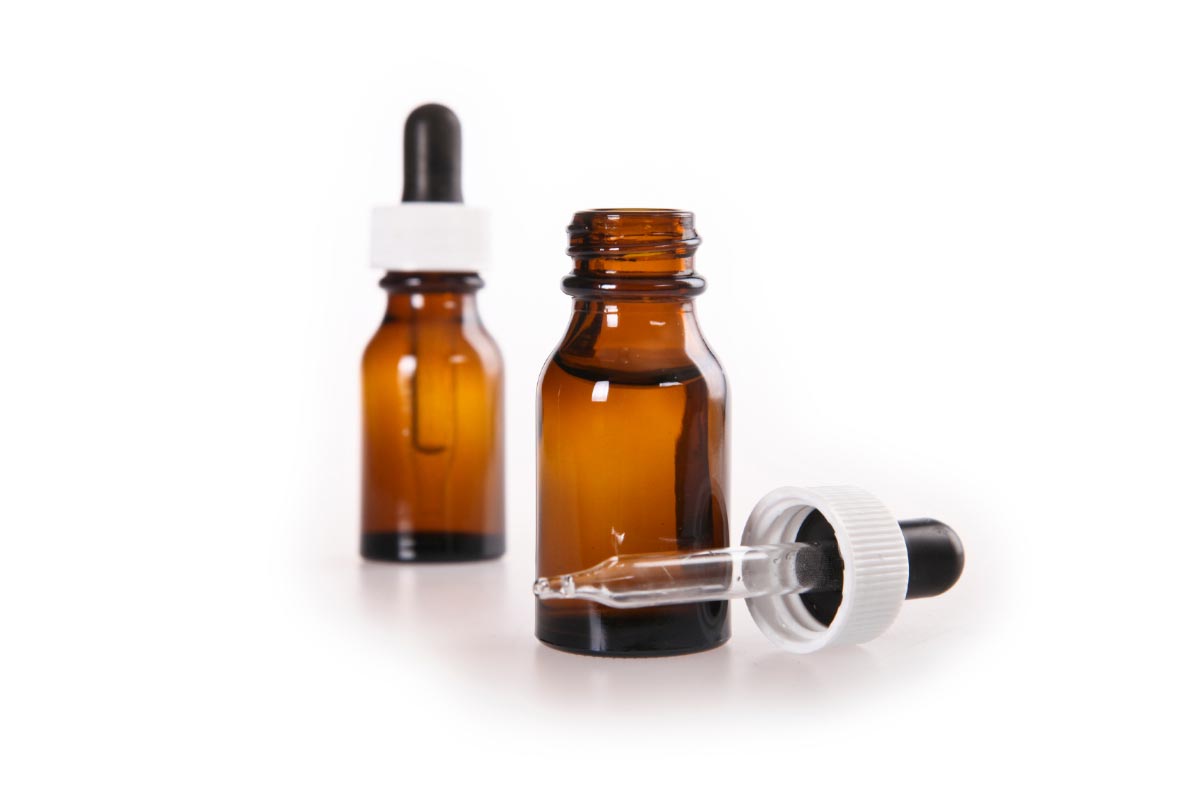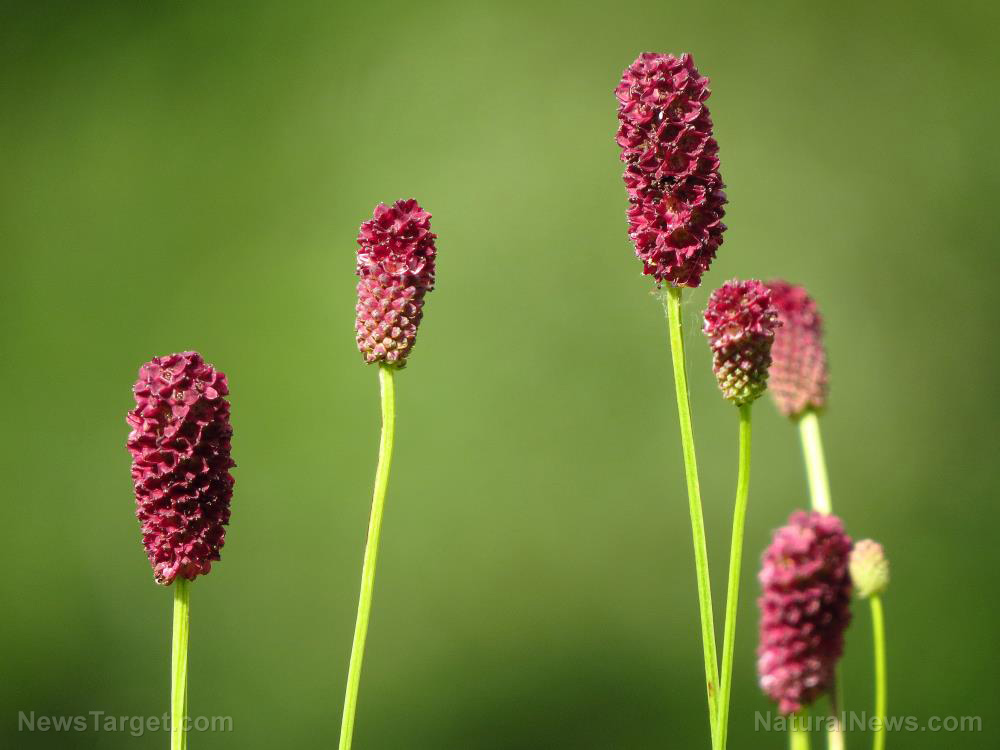Herbal treatments help balance hormone fluctuations and mood swings in women
04/06/2018 / By Michelle Simmons

Menopause is a natural occurrence wherein menstruation stops in women. It typically occurs between the ages of 45 and 55. However, menopause can also occur before the age of 40. Menopause can be purposefully induced by drugs for medical reasons or prematurely caused by surgery, radiotherapy, chemotherapy and other drugs, or caused by other certain illnesses. Two of the most common signs and symptoms of menopause are hormone fluctuations and mood swings. Other signs and symptoms of menopause include irregular periods, vaginal dryness, hot flashes, chills, night sweats, sleep problems, weight gain and slowed metabolism, thinning hair and dry skin, and loss of breast fullness.
One of the signs that menopause is approaching is when hormone fluctuations begin. Hormone fluctuations are often characterized by changes in the menstrual cycle that vary from longer or shorter cycles to completely irregular menstrual patterns. This stage is called the perimenopause that can often be accompanied by mood swings and premenstrual syndrome (PMS). Hormone fluctuations are associated to a corresponding imbalance in the levels of serotonin. Serotonin is a neurotransmitter in the nervous system that helps promote feelings of happiness and well-being. It also helps prevent anxiety and depression, and promote feelings of hope, peace, optimism, and relaxation. An imbalance in the levels of serotonin can lead to changes in mood and emotions. Low serotonin levels may cause distress and high emotions, sleeplessness, anger, panic attacks, headaches, anxiety, and even certain cravings. Serotonin levels also influence other symptoms of menopause including hot flashes and sleep deprivation resulting in tiredness and fatigue.
Mood swings can be described as sudden, severe changes in mood that leads to radical and extreme shifts in emotions. Mood swings during perimenopause is caused by hormonal imbalance. Women undergoing mood swings may experience aggression, sadness, sudden severe extremes in mood, stress, anxiety, gloom and doom, nervousness, impatience, depression and irritability, general lack of motivation, and depression. (Related: Are Thyroid and Endocrine Imbalances Causing Your Depression and Mood Swings?)
Listed below are some herbal treatments for hormone fluctuations and mood swings in women.
- St. John’s Wort – St. John’s Wort (Hypericum perforatum) is one of the most commonly used herbs for mild and moderate depression. Traditionally, St. John’s Wort was used as a restorative treatment for menopause. When combined with Chaste tree (Vitex agnus castus), it can be an extremely effective treatment for most perimenopausal mood changes. This may be a result of St. John’s Wort’s effect on serotonin and Chaste tree’s ability to influence hormone levels.
- Kava Kava – Kava Kava (Piper methysticum) is traditionally used in the South Pacific Islands. It is ritually used as a beverage to bring about relaxation, improve social interaction, and enhance sleep.
- Black Cohosh – Black Cohosh (Cimicifuga racemosa) is traditionally used for a wide range of gynecological issues, sore throats, and bronchitis as well as for rheumatic conditions. Today, black cohosh is used by modern herbalists for menopausal symptoms, such as migraines and depression. It is also used for treating musculoskeletal disorders that may accompany menopause, and for treating hot flashes. Research also shows that this herb contains three types of hormonally active substances, one of which restrains luteinizing hormone secretion after long-term administration. It was also found to reduce symptoms of vaginal dryness and irritation.
- Valerian – Valerian (Valeriana officinalis) is an aromatic plant that is used as a nervine and carminative with a paradoxical use as both a sedative and a stimulant. It is also found to be a more effective treatment for anxiety and depression than tryptanol and valium.
Read more news stories and studies on women’s health by going to WomensHealth.news.
Sources include:
Tagged Under: Black cohosh, herbal medicine, herbal treatment, Herbs, hormonal imbalance, hormone fluctuations, kava kava, medicinal plants, Menopause, mood changes, mood swings, moods, natural medicine, perimenopause, prevention, serotonin, St. John's wort, valerian
RECENT NEWS & ARTICLES
Herbs.News is a fact-based public education website published by Herbs News Features, LLC.
All content copyright © 2018 by Herbs News Features, LLC.
Contact Us with Tips or Corrections
All trademarks, registered trademarks and servicemarks mentioned on this site are the property of their respective owners.




















